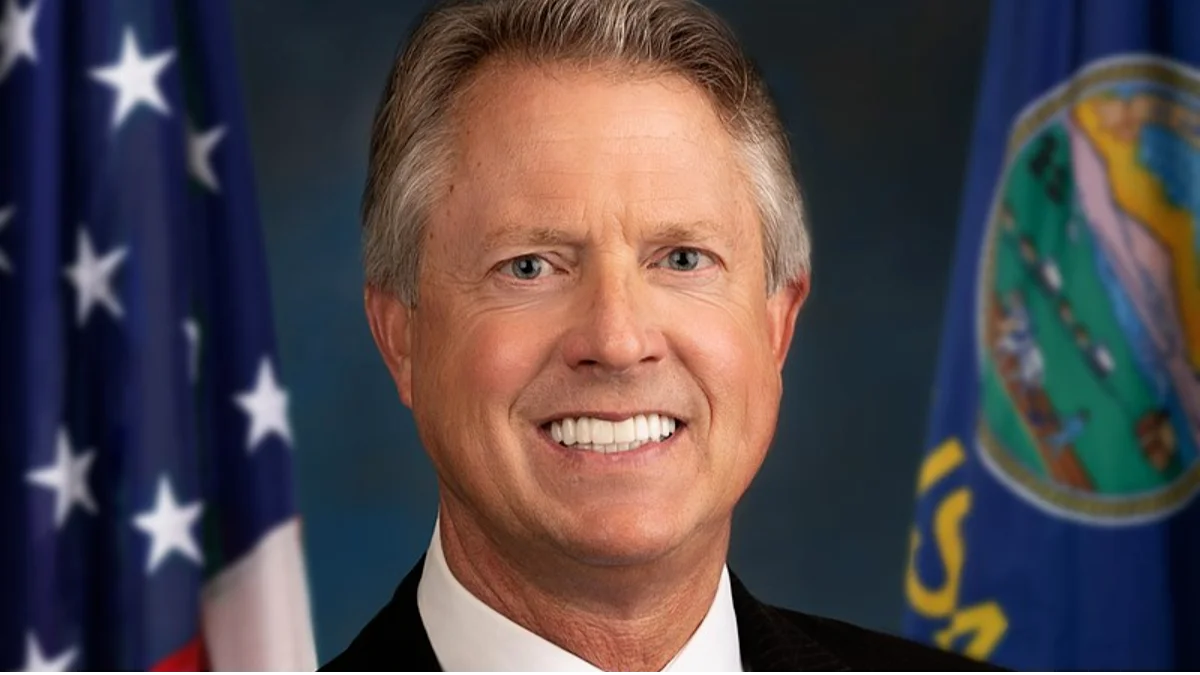Senator Roger Marshall, US Senator for Kansas | Official U.S. House headshot
Senator Roger Marshall, US Senator for Kansas | Official U.S. House headshot
U.S. Senator Roger Marshall, M.D. (R-Kansas), questioned several healthcare experts during a Senate Health, Education, Labor, and Pensions Committee hearing on strategies to address rising healthcare costs. The panel included Ms. Chris Deacon of VerSan Consulting, Dr. Benedic Ippolito from the American Enterprise Institute, and Mr. Wendell Potter of the Center for Health and Democracy.
During the hearing, Senator Marshall emphasized the need for greater transparency in healthcare pricing. He referenced his work on the Patients Deserve Price Tags Act, which he described as an effort to require clear price tags for healthcare services. "I think that we have today before us a 90 to 10 issue. Maybe it’s 95 to 5. Americans are concerned about the cost of health care. Since I got here four years ago, eight years ago, four years ago in the Senate, I’ve talked about the pillar of transparency, more innovation and consumerism, letting patients be consumers again. So, it’s wonderful that we get an opportunity to address solutions. We’ve all described the product and the problem. Now let’s talk about solutions. I’m very proud of one of our signature legislation we’ve been working on for eight years, the Patients Deserve Price Tags Act. I appreciate Senator Hickenlooper’s support, Senator Hassan, Senator Grassley, she he and Ernst their support as well. Could you imagine walking into a grocery store, going to the meat department, and not seeing the prices on the different meats? Could you imagine going to a clothing store and not knowing what the prices are on the suits? Most of us walk up there, and we look at a suit, what’s the first thing I do? I look at the price of it. But in health care, they buried the prices. So, what our legislation attempts to do is to get price tags on health care. What a novel thought, and a couple of thoughts on what our bill does, and get your reaction. Ms. Deacon, I’ll start with you as a consumer. You have a choice of getting your hip replaced at one facility for $10,000, another one is $50,000, and that’s not unreasonable numbers to compare a hip replacement 10 versus 50. How would you, as a consumer, how would that impact the eventual cost of healthcare? If you’re in a self-insured plan and you’re running that plan, how would it impact your decisions to drive down the cost of healthcare?"
Ms. Deacon responded by highlighting how transparent pricing can influence both individual choices and employer-sponsored plans: "I mean, as a consumer absolutely if I had out of pocket I would both evaluate for quality and cost to determine value and I would likely find myself at the $10K clinic but as an employer sponsor if all of my members were to have such information it would dramatically lower the cost of premiums every year especially for our self-insured employers because more consumers would be able to evaluate such terms."
Senator Marshall further asked about potential savings for employers who adopt such transparency measures: "And this is a wild guess could it drive down the cost of health insurance for an employed self-employed fund 10 20 30 40% perhaps I mean it's a big number." Ms. Deacon confirmed this possibility: "Yes we've absolutely seen employers that are able to do that save 30-40% on premiums."
Another topic discussed was access by group health plans to their own claims data—a measure included in Marshall's proposed legislation—which could help organizations make better-informed decisions regarding coverage options: "Dr. Ippolito another component of our bill ensures that group health care plans have access to their own claim data Can you believe it? I have a self-insured plan and I can't look at my own claim data Would that be helpful to us specifically a self-insured plan?"
Dr. Benedic Ippolito agreed: "Well sure I mean at a minimum if you're sitting there trying to think about what services are we going to use next year what kind of plan looks good for us If you don't know what services you use you can't do that And so in terms of those basic tasks that your employer who's your agent in this world for many of us is tasked with providing they need that information So yeah it seems like a baseline a prerequisite."
Senator Marshall also raised concerns over pharmacy benefit managers (PBMs) controlling much of pharmaceutical distribution and compensation models he argued contribute to higher drug prices: "So is there anyone in this panel that disagrees that price tags could not be helpful in driving down the cost of healthcare Does anyone want to counter that argument Okay good I want to turn to delinking just for second Of course talking about pharmaceutical benefits PBMs right Very horizontally vertically integrated four companies three companies controlling 85%... And many of you talked about oligo monopolies... Specifically Senator Kaine and I have bill called delinking... It delinks money pharmacy benefit managers make from cost... PBMs create formularies prevent using generic drugs... push expensive ones... Mr Potter Would reform such as delinking PBM compensation from list price medicines benefit patients meaningful ways drive down cost drugs?"
Mr Potter responded: "I absolutely agree I think it's very important legislation... That game incentivizes drug companies higher list price then middleman... sucking so much money from pharmacy supply chain When was at Cigna Cigna didn't own very big PBM It bought Express grips recently few years ago now largely PBM also has insurance plans."
The committee's discussion reflects ongoing legislative efforts aimed at increasing transparency in healthcare pricing—an approach advocates argue could reduce overall costs for both individuals and employer-sponsored plans.


 Alerts Sign-up
Alerts Sign-up